Ferrets are just amazing little animals. If you've never had a pet ferret before than you don't know what you're missing. The scientific name for the domesticated ferret is Mustela putorius furo. They come in brown, black, white, or mixed fur with some having a "raccoon like" mask around their eyes. They are sexually dimorphic, which means that there is a considerable difference between the male and the female. In the case of ferrets the male is quite larger than the female. Almost twice as large. The average length is about 20 inches including a five inch tail.
The history of the ferret's domestication is uncertain, like that of most other domestic animals, but it is likely that ferrets have been domesticated for at least 2,500 years.
They are very playful and enjoy human contact and interaction. They typically don't make much noise, but they do make some sounds like low clucking noises when playing. Playing is just the nature of a ferret. They love to play even as adults. As a matter of fact it is generally best to always have at least two pet ferrets because they do like to play so much. This way they will always have a playmate, plus it's absolutely hilarious to watch ferrets play together nor do they mind if you join in.
One of the allures of having pet ferrets is that it is thought to be a low maintenance pet. This is true ONLY if you do the initial training up front, like teaching the ferret not to nip and to use a litter box. The number one mistake most people make is that ferrets are like cats and will naturally use the litter box. This is not true. Ferrets are caged and separated from their mothers very early at the ferret farms. Because of this, they miss the important stage of mom teaching them to use a "toilet". Like a small kitten, the ferret needs to get used to a small area, and get good at using the box, before expanding their play and roam areas. Use a dust free, unscented litter. Perfumed litter could cause them to have alergic reactions. Their nasal passages are very sensitive. Since ferrets must have a cage the best way to potty train them is to start with a small litter box in their cage then expand more boxes around their play areas. Ferrets my need several litter boxes because, unlike a cat, they don't always go to the bathroom in the same area every time.
A cage is a must for pet ferrets. This is where they will spend most of their time. Ferrets are crepuscular, which means they spend 14鈥?8 hours a day asleep and are most active around the hours of dawn and dusk. Their cage should have hammocks for sleeping and and access to them. You should never use cedar chips for their bedding. This can cause respiratory problems over a long period of time. Instead, use old tee shirts or baby blankets. Remember ferrets are not rodents. They are carnivorous mammals belonging to the family Mustelidae which includes weasles, skunks, minks, and polecats.
Like any domestic animal, ferrets can develop variety of health conditions. The most common of these are adrenal disease, insulinomas, lymphoma, gastrointestinal disorders and blockages. Always feed your ferrets foods that are made specifically for them. These foods are scientifically formulated for a ferrets sensitive digestive system. With the proper diet and regular visits to the vetenarian you're pet ferrets should live a full and happy life.

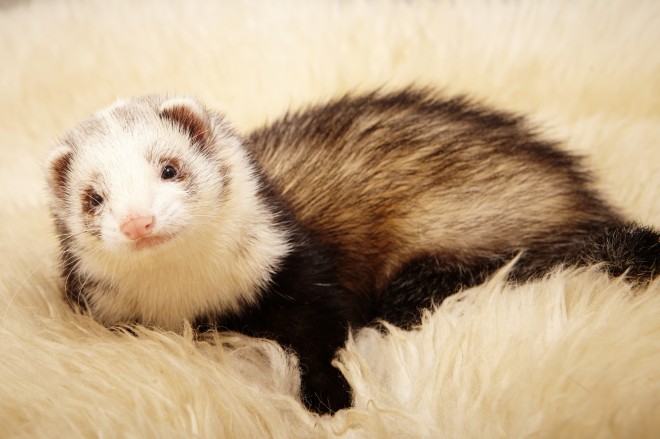 Checking Your Ferret Over And Identifying Good Health
Checking Your Fer
Checking Your Ferret Over And Identifying Good Health
Checking Your Fer
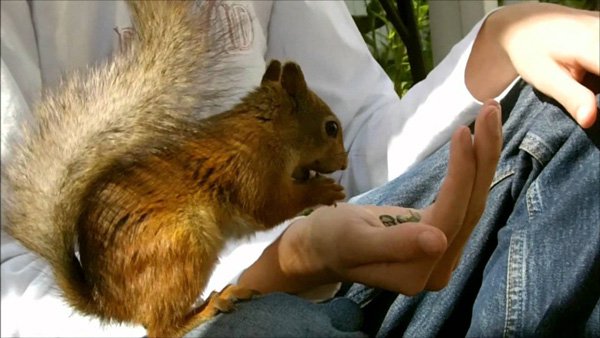 The Regulatory Authority For The Recall Of Foods
The Regulatory Authority For The Recall Of Foods
The Regulatory Authority For The Recall Of Foods
The Regulatory Authority For The Recall Of Foods
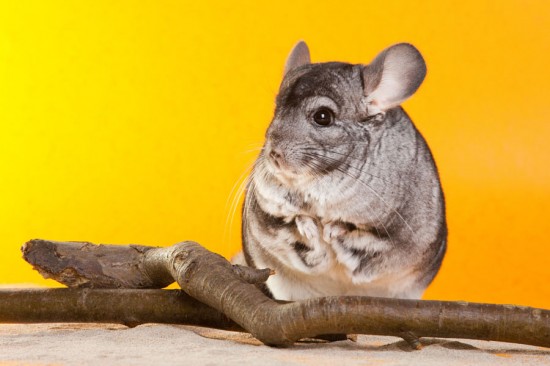 Chinchilla Healthcare And Potential Issues
Chinchilla Health
Chinchilla Healthcare And Potential Issues
Chinchilla Health
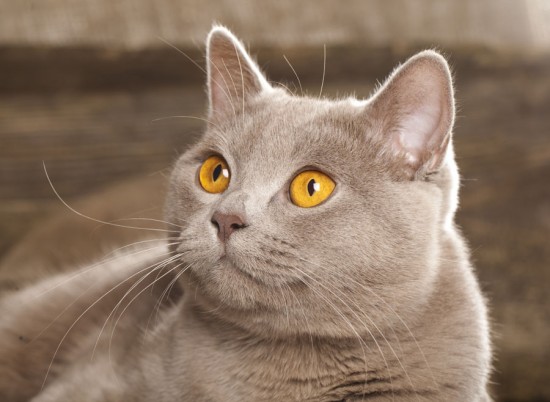 High Blood Pressure In Cats
High Blood Pressu
High Blood Pressure In Cats
High Blood Pressu
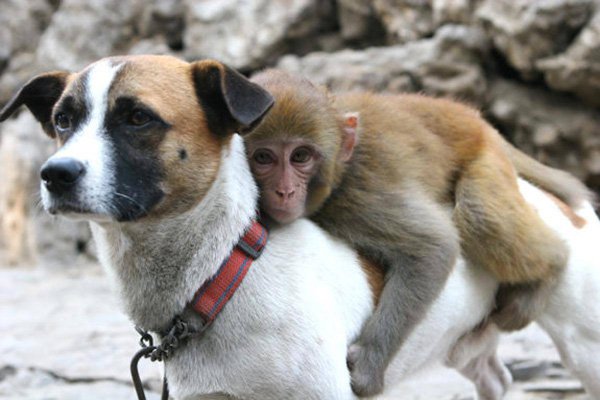 Tips to Choose Healthy Foods for Dogs
Tips to Choose Healthy Foods for Dogs
Dog is a
Tips to Choose Healthy Foods for Dogs
Tips to Choose Healthy Foods for Dogs
Dog is a